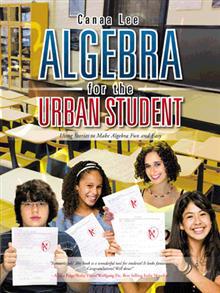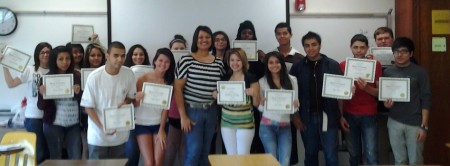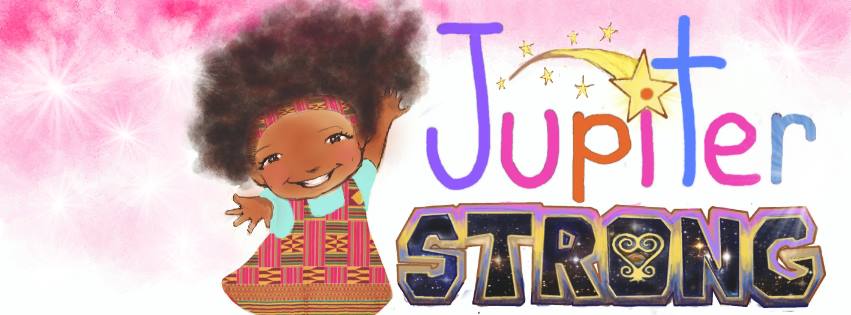“Hey! My name is Slope. My Friends call me ‘M.’ My friend is Ordered Pair. We are having a bad day because we cannot find our equation. Do you think you can help us find our equation? Ordered Pair and M are going to tell you how to find their equation. Please follow along carefully because they really need your help.”
If the above paragraph doesn’t look like anything found in a typical textbook, you’re correct: it opens a chapter in Algebra For The Urban Student, a user-friendly instructional book written by Garland High School math teacher, Caana Lee. Using plain-spoken explanations of concepts, terms and diagrams, Ms. Lee incorporates techniques created early in her twelve-year-long teaching career to help students to deepen their understanding of algebra while making it more relatable to everyday life, helping to circumvent the stumbling blocks that keep some teens fearing math long after they leave class.
I was eager to speak with Ms. Lee about the newly-released book, how she conceptualized it and what parents can do if their children are struggling with math or any other subject.
It’s almost universally accepted that many people dislike or struggle with math, and the way that it’s taught in the classroom doesn’t help. Why?
“A lot of times, teachers want to teach the way that they learned everything. But when you’re a teacher, it’s not about you, it’s about the student. You have to make them comfortable with it and give the feeling of ‘It’s not so bad, now I’m willing to give it a chance and I’m gonna work at this.’”
What do you mean by the term ‘urban’?
“I just called it ‘urban’ based on the kids I encountered when I was teaching at Little Rock Central in AR—-those were the ones who inspired me to write it because I had to shift the teaching technique into something that worked for them. Some students don’t have the basics that they need, so I thought, ‘What if I could break down the components to make it entertaining and something that the kids could navigate? How could I make it work to where we both could enjoy it and at the same time, cover everything?’ The stories give them a reference point so that they’re learning the concepts.”
Does it dovetail the curriculum you currently use, or is it more of a supplemental guide?
“It was written so that the kids could go home and have some extra help. I always heard ‘Man Ms. Lee, I wish I could stick you in my pocket and take you home with me: I get it when I’m in class, but by the time I get home, I forget.’ It’s something that I’ll likely use alongside what I have and the kids can navigate through it as needed.”
In your opinion, how can math become more accessible to struggling students in the future?
“Just because I’m a math teacher doesn’t mean that I was good in every math subject: I walked into a linear algebra math class and struggled, not because I wasn’t smart, but because I didn’t get the basics down in high school. So I know what it feels like to have a teacher assume what I should know and also know what it feels like to work hard and say ‘I got it!’ I have to be able to explain things at least three different ways because not everybody’s gonna learn in the same manner.”
What advice do you give for parents if their child needs extra help?
“Well, simply saying ‘I’m not good at _____’ sends the the wrong message, because then kids think, ‘If mom or dad don’t know it or use it, it must not be important.’ We want parents to give their child a quiet place to do homework and communicate with the teacher and say ‘I want us to help Johnny.’ Being supportive and proactive helps your child to be more successful.”
edukateacademybooks.com
http://www.dallasnews.com/lifestyles/columnists/lorrie-irby-jackson/20120907-teachers-technique-attempts-to-make-math-relatable-for-struggling-students.ece






